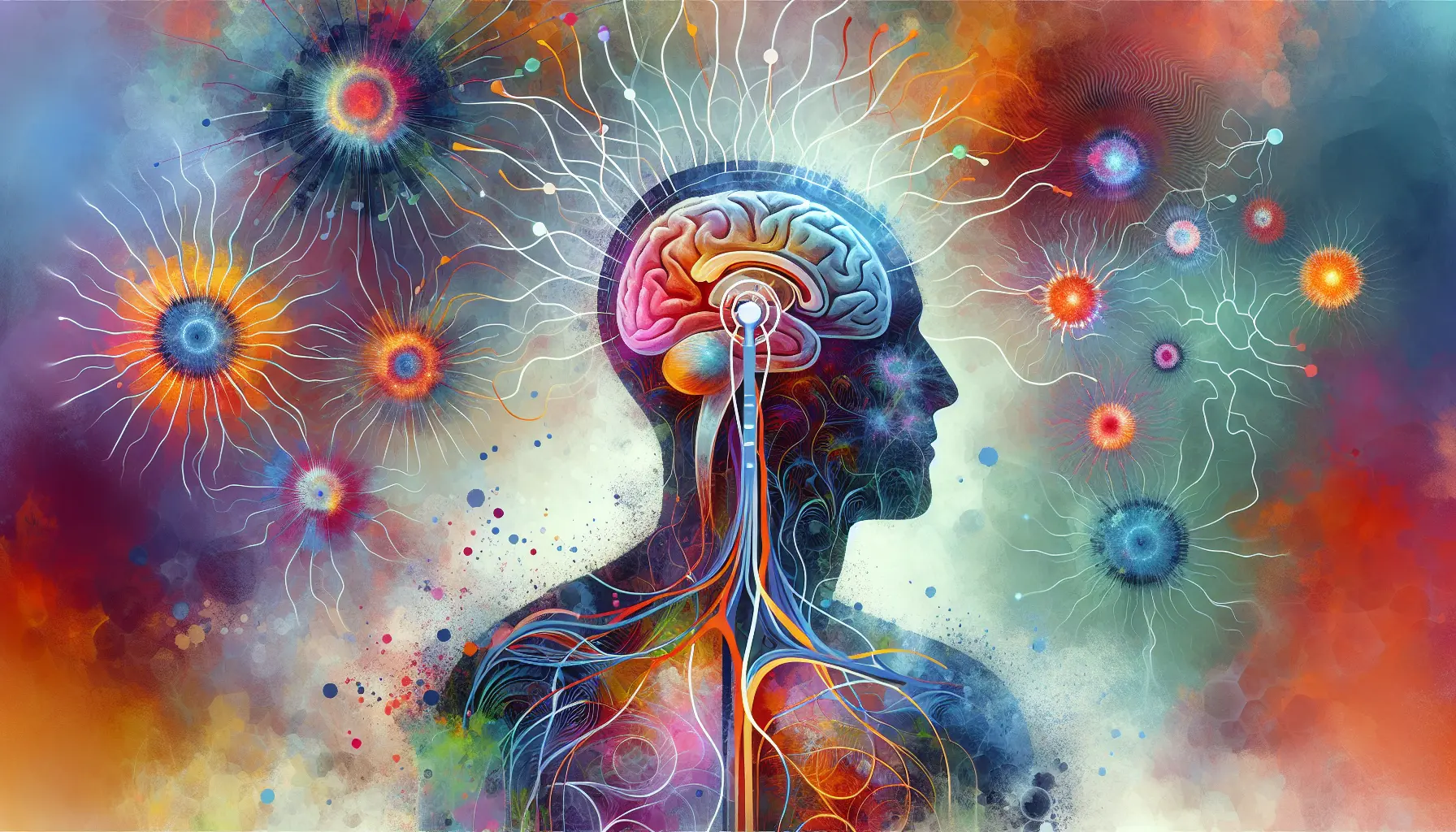
Understanding TBI & Concussions
A Traumatic Brain Injury (TBI) occurs when an external force causes brain dysfunction. Typically resulting from a:
- violent blow or jolt to the head or body
- from an object penetrating the skull
Concussions, a subset of TBI, are often referred to as mild TBIs & result from similar mechanisms. Both conditions can lead to a range of symptoms, including[1][2][3]:
- physical
- cognitive
- emotional
- sleep-related issues
Diagnostic Approaches
Neurological Examination
Diagnosing TBI begins with a thorough neurological examination. This includes:
- assessing motor & sensory skills
- hearing & speech
- coordination & balance
- mental status
- changes in mood or behavior
Tools like the Acute Concussion Evaluation (ACE) form help assess individuals who have suffered a mild TBI. Tracking symptoms & recovery over time.
Imaging Techniques
Imaging plays a crucial role in diagnosing TBIs, especially moderate to severe cases. Common imaging techniques include:
Computed Tomography (CT) Scans
Widely used to detect bleeding, bruising, or swelling in the brain. CT scans provide quick, detailed images that are essential in emergency settings[1][3][4].
Magnetic Resonance Imaging (MRI)
Used for more detailed images of brain tissue. Particularly useful in detecting subtle changes & injuries not visible on CT scans. Advanced MRI techniques can identify microscopic injuries & bleeding[1][3]:
- diffusion tensor imaging
- susceptibility-weighted imaging
Blood Tests
Innovative blood tests examine blood for proteins that indicate brain injury. Such as the Banyan Brain Trauma Indicator (BTI). These tests diagnose concussions & other mild TBIs[4].
Neuropsychological Tests
These tests assess cognitive functions such as:
- memory
- concentration
- information processing
- executive functioning
They are often used alongside imaging to provide a comprehensive evaluation of brain function following a TBI[1][3].
Therapeutic Approaches
Rest & Rehabilitation
Treatment for TBIs varies based on severity. Mild TBIs often require rest & gradual return to normal activities. Rehabilitation, including physical, occupational, & speech therapies, is crucial for moderate to severe TBIs. To help patients regain function and improve quality of life[2][4][5].
Medications
Medications may be prescribed to manage symptoms and prevent complications. These include:
Diuretics
To reduce fluid retention in the brain.
Anti-seizure Drugs
To prevent seizures that can cause further brain damage.
Anti-anxiety & Antidepressant Medications
To manage emotional and psychological symptoms.
Stimulants
To improve attention & awareness in patients experiencing chronic fatigue[2][4].
Surgery
In severe cases, surgery may be necessary to:
- address brain bleeds
- remove clots
- repair skull fractures
Surgical intervention aims to prevent further damage & stabilize the patient[2][4].
Conclusion
Traumatic Brain Injury (TBI) & concussions require specialized diagnostic & therapeutic approaches. To manage their complex & varied symptoms. Diagnostics include:
- Advanced imaging techniques
- innovative blood tests
- comprehensive neuropsychological assessments
Treatment involves a combination of:
- rest
- rehabilitation
- medication
- in severe cases, surgery
